Here's how Pakistan quietly became world's biggest solar importer
This growth has occurred without sweeping government mandates or international green finance
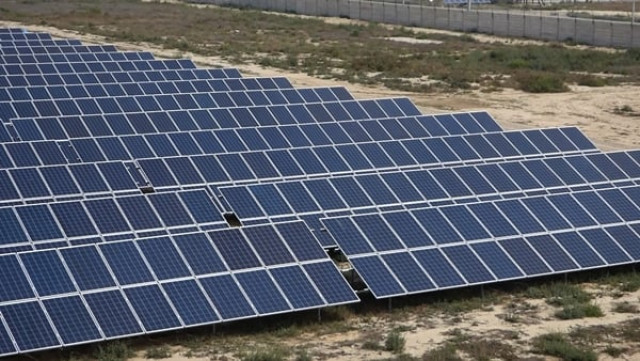
Pakistan has unexpectedly become one of the world’s top importers of solar panels, importing 17 gigawatts' worth in 2024 alone—more than doubling its intake from the previous year, according to the Global Electricity Review 2025 by UK-based think tank Ember.
This growth has occurred without sweeping government mandates or international green finance. Instead, it is being driven by a bottom-up surge in rooftop solar installations across households, small businesses and commercial users seeking relief from rising energy costs and chronic power outages, according to the report published in The Independent.
“It marks a structural shift in how energy is perceived in Pakistan,” Muhammad Mustafa Amjad, programme director at Renewables First, told the outlet. He described the solar boom as a “survival response” in a country increasingly priced out of its unreliable grid.
Aerial satellite imagery of Pakistani cities shows rooftops rapidly turning blue as solar panels proliferate. Ubaid Ullah, an energy expert based in Karachi, said: “If you look at satellite images of any Pakistani city, all the roofs appear blue.”
Unlike most energy transitions shaped by national policies or foreign investment, Pakistan’s shift is being driven largely by market logic and individual necessity. According to Ember, the majority of new installations are off-grid or behind-the-meter, escaping inclusion in official statistics and leaving the national grid playing catch-up.
“The role of the grid has to massively adapt to remain relevant,” Amjad added. “Rooftop solar is fast becoming the preferred energy provider.”
With no large-scale solar auctions or major public investment programmes, the infrastructure and regulatory systems have struggled to keep pace. Experts warn this decentralised energy revolution may lead to instability unless planning and oversight improve.
The so-called “utility death spiral”—where users turn away from the public grid, eroding its financial base—is already unfolding in urban centres, exacerbating challenges during peak evening hours.
Still, Pakistan’s example provides important lessons for other Global South nations. As Harjeet Singh, adviser to the Fossil Fuel Non-Proliferation Treaty Initiative, explained: “This isn’t simply about decarbonisation anymore; it’s fundamentally about ensuring energy access, driving economic stability, and strengthening energy security from the ground up.”
Battery storage is expected to follow a similar grassroots trajectory, further accelerating the shift towards distributed, clean energy.


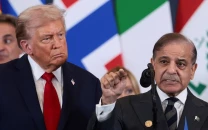


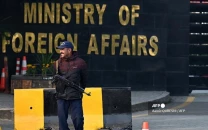
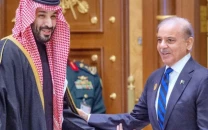



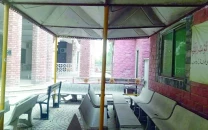
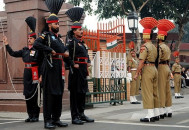
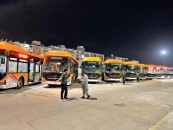

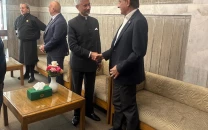

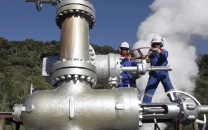







COMMENTS (3)
Comments are moderated and generally will be posted if they are on-topic and not abusive.
For more information, please see our Comments FAQ